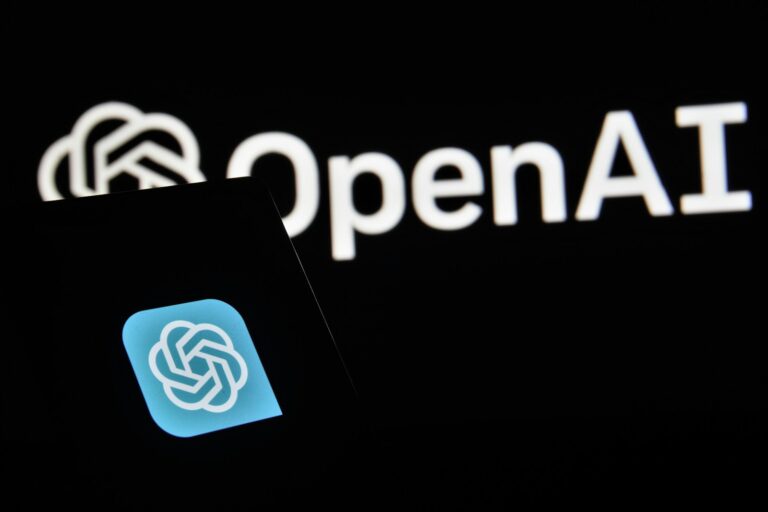OpenAI intends to use this as a proactive defence against repeated claims of copyright infringement, but not all of the lawsuits filed against the business will view it that way.
The business that is responsible for the most popular generative artificial intelligence models on the internet, OpenAI, has taken an unexpected stance against the growing number of copyright infringement allegations that it is facing. In a piece of written testimony that was presented to the House of Lords Communications and Digital Select Committee of the United Kingdom Parliament, OpenAI maintained that it is “impossible” to train tools such as ChatGPT without making use of content that are protected by intellectual property rights.
The Communications and Digital Select Committee is responsible for conducting research into the ways in which the public policy of the United Kingdom interacts with the creative industries, digital communications, and the media. Following the conclusion of an investigation, the Committee will produce a report detailing its findings. These reports have the potential to serve as the foundation upon which the wider government of the United Kingdom might make policy adjustments. “examine large language models and what needs to happen over the next one to three years to ensure that the United Kingdom can respond to their opportunities and risks,” the Committee stated in July 2023, when it began its investigation into the matter. ChatGPT and DALL-E, both developed by OpenAI, became the primary focus of this discussion.
OpenAI used its evidence submission as an opportunity to justify its usage of copyrighted information in the training of ChatGPT. This was done in addition to expressing its perspective on how large language models (LLMs) would effect society over the next several years. “It would be impossible to train today’s leading artificial intelligence models without using copyrighted materials,” the letter states. “This is due to the fact that copyright today covers virtually every type of human expression, including blog posts, photographs, forum posts, scraps of software code, and government documents.” If training data were restricted to public domain novels and artworks that were written more than a century ago, it could perhaps result in an interesting experiment; but, it would not result in artificial intelligence systems that are able to meet the requirements of modern individuals.
In instead of interpreting the near-universality of copyright as an indication that platforms such as ChatGPT might not be worth infringing on intellectual property, it appears that OpenAI is utilising that universality as a patchwork shield. There have been multiple lawsuits who have accused OpenAI of relying on their written work that is protected by copyright in order to train ChatGPT, which has become a cash cow that only goes in one direction. Additionally, the New York Times has filed a lawsuit against OpenAI for republishing its content without providing the publisher with compensation for the content in question.
Even though we are hearing about the Communications and Digital Select Committee today, it is possible that it is not a court of law. However, the findings of its investigation have the potential to significantly influence how the United Kingdom and other Western governments see and approach generative artificial intelligence. OpenAI is aware of this, and in light of the fact that copyright cases are piling up in the United States, the company is taking advantage of the inquiry being conducted by the Committee in order to be ahead of any copyright worries.
Additionally, OpenAI stated that there is “still work to be done to support and empower creators.” Reports indicate that it is working on a feature that will enable publishers to prevent the GPTBot from crawling their websites in search of content, as well as a feature that will enable photographers and other artists to exclude their photographs from future DALL-E training sets. It is quite challenging to express gratitude to OpenAI for a right or comfort that it had taken away in the first place, despite the fact that this is a lovely gesture on paper.

